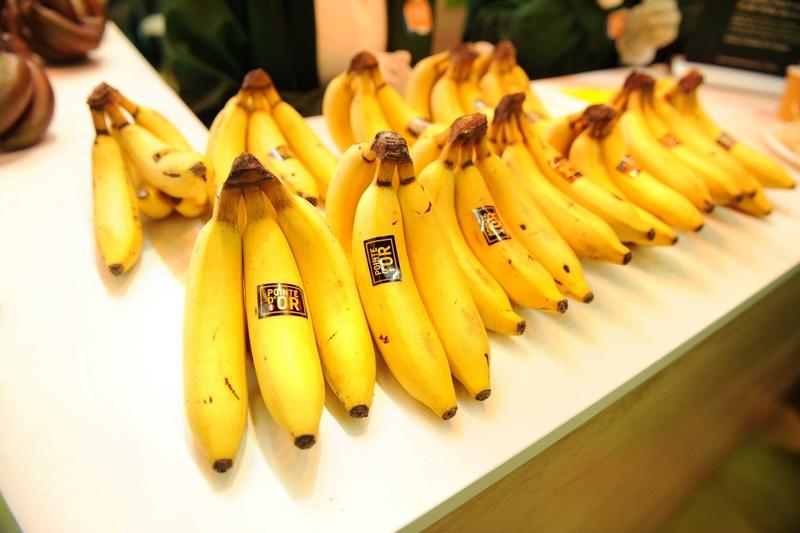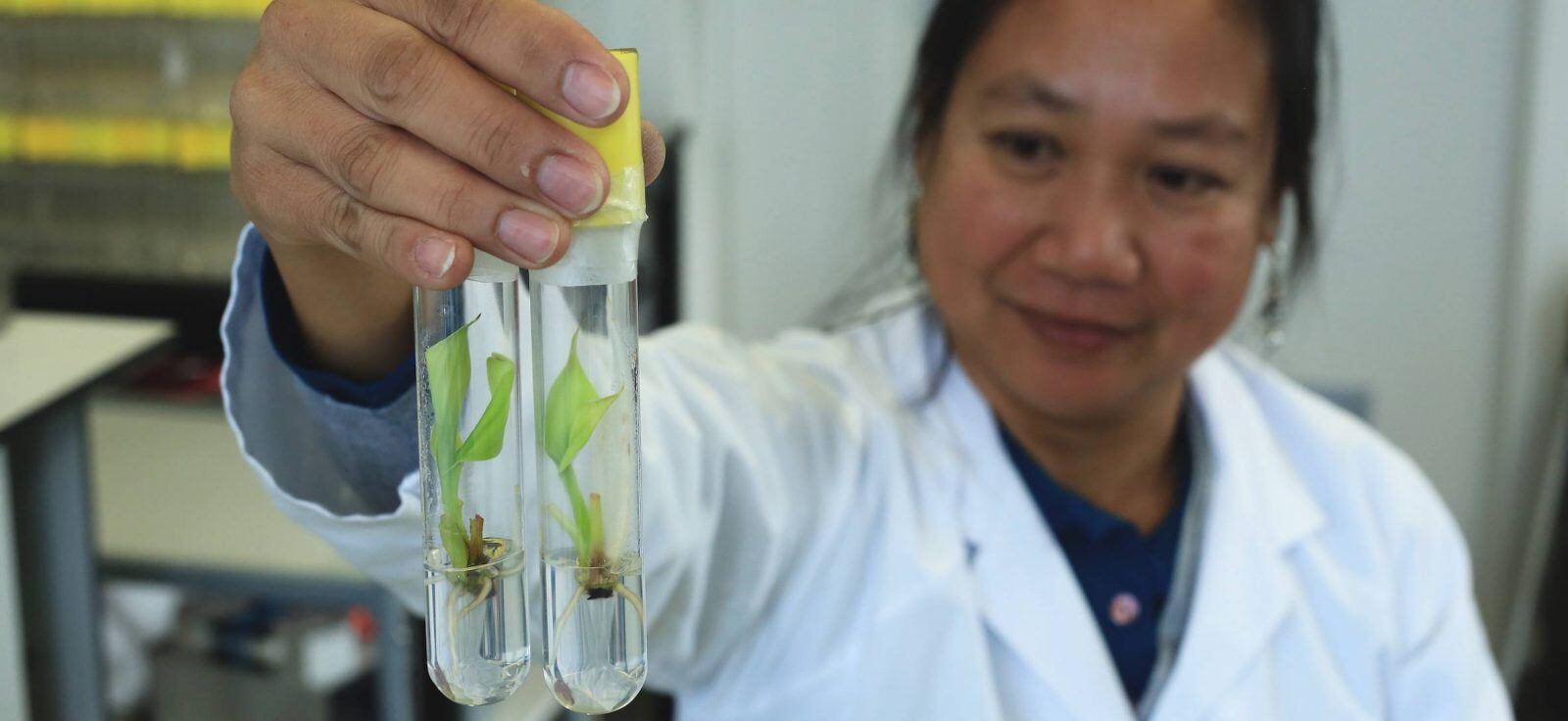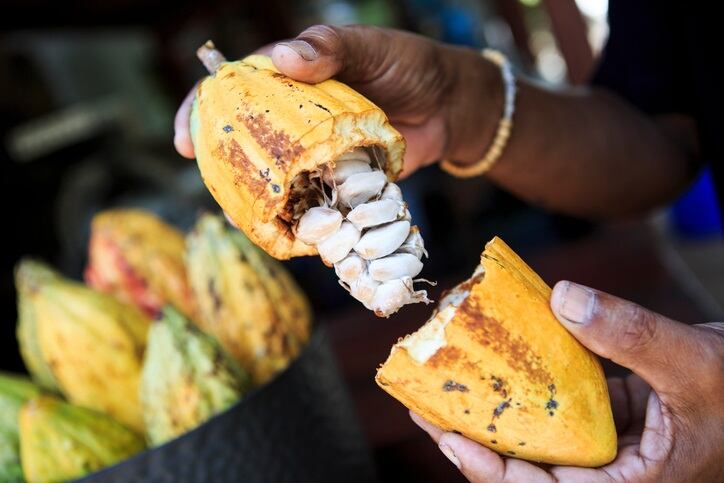The banana industry in Guadeloupe and Martinique, in collaboration with various research organisations, has developed a new variety of banana: ‘Pointe d’Or’.
The innovation is the product of an alliance launched by the French Agricultural Research Centre for International Development (CIRAD) focused on addressing the issues facing the banana sector worldwide. According to the agro-research alliance, if new varieties and production systems are not developed the worldwide supply of bananas could come under threat, primarily due to diseases.
The risk factor is due to a lack of genetic diversity in the current commercial banana crop. Currently, only one variety of banana is grown for international export markets: the Cavendish. But it is particularly susceptible to certain diseases present in many production areas, including the French West Indies.
"The 'all Cavendish' approach has demonstrated its limitations... CIRAD recommends introducing genetic diversity in the export sector. However, banana genetic improvement, which is highly complex, will not be enough to safeguard the value chain," CIRAD said, adding that the need to develop 'appropriate cropping systems' to control disease provide an opportunity to revisit production systems with the aim of boosting biodiversity and cutting pesticide use.
One such disease threatening current banana production is black Sigatoka, which attacks the foliage of banana trees. Black Sigatoka disrupts photosynthesis and can reduce fruit yield by up to 50%. It can also interrupt ripening, causing fruit to ripen prematurely and unevenly, and making it unsuitable for export.
Bananas infected with black Sigatoka require phytosanitary treatments. Until now.
‘A feat of research’
In partnership with international research institutions, the banana industry in Guadeloupe and Martinique have been able to selectively bread a resistant variety while also developing an ‘agroecological cultivation system’, integrating methods of prophylaxis and biological control.
The new variety, Pointe d’Or, was developed as part of CIRAD’s drive to diversify the range of banana varieties and changing cropping practices. Unveiling the innovation this week at the Salon International de l'Agriculture in Paris, CIRAD noted that ‘attempts to create new varieties of bananas by different international [research] teams have in the past been unsuccessful’.
“The natural resistance of Pointe d'Or to black Sigatoka which now affects all production areas in the world is a considerable advantage since it avoids any phytosanitary treatment against this fungus and opens the way to a production of an organic banana in the West Indies,” explained Frédéric Salmon, genetic breeder at CIRAD in Guadeloupe.
Pointe d'Or is cultivated, without phytosanitary products, by four producers in Guadeloupe and four in Martinique, according to agroecological practices meeting the specifications of Organic Agriculture. The producers account for 35 hectares (20 in Guadeloupe, 15 in Martinique). About 1000 to 1200 tonnes of banana are expected for 2020. This may increase depending on consumer demand.
Describing the development as a ‘feat of research’, the organisation said that the new organic banana variety is now entering a commercial test phase in mainland France.
The bananas will be available from the beginning of March in Carrefour Bio stores, first in Ile de France. CIRAD said this presents consumers with an opportunity to access a new organic product that meets their health and environmental expectations.



